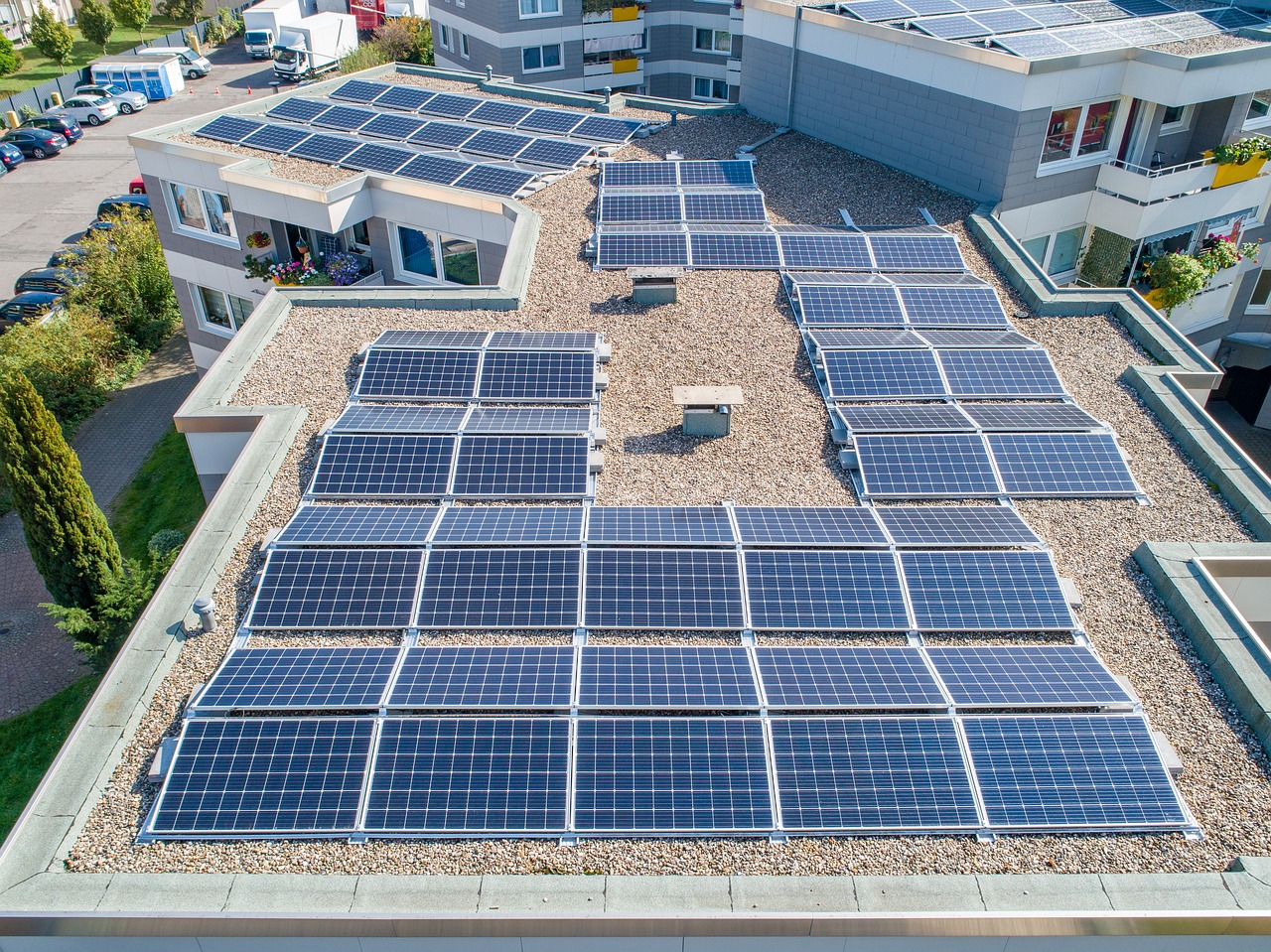
As solar energy becomes a go-to solution for sustainable power, understanding the technology behind it is essential. One of the most critical components in a solar power system is the inverter. It converts the direct current (DC) produced by solar panels into alternating current (AC), which powers most home and business appliances. However, not all inverters are created equal. There are three main types of inverters: hybrid, on-grid, and off-grid. Each type serves a unique purpose and is suitable for specific scenarios. Let’s dive into their differences to help you make an informed decision.
What Is an On-Grid Inverter?
On-grid inverters, also known as grid-tied inverters, are designed to work in conjunction with the utility grid. They are the most common choice for residential and commercial solar installations connected to the grid. Here’s what you need to know:
Key Features:
- Grid Dependency: On-grid inverters function only when the utility grid is available. They do not provide backup power during outages.
- Net Metering: These systems allow you to export excess electricity back to the grid, often earning credits or reducing your energy bills.
- Cost-Effective: Since on-grid systems do not require batteries, they are generally more affordable to install and maintain.
Ideal For:
- Locations with a reliable electricity grid.
- Homeowners or businesses looking to reduce electricity bills rather than achieve complete energy independence.
What Is an Off-Grid Inverter?
Off-grid inverters are designed for complete independence from the utility grid. They rely on batteries to store energy for later use, making them perfect for remote areas with no access to electricity.
Key Features:
- Battery Storage: Off-grid systems require batteries to store excess solar energy, which can be used during the night or cloudy days.
- Self-Sufficient: These inverters allow you to generate and store all the electricity you need without relying on the grid.
- Higher Initial Cost: Due to the need for batteries and additional equipment, off-grid systems are typically more expensive to set up.
Ideal For:
- Remote locations without access to the electricity grid.
- Individuals seeking complete energy independence.
What Is a Hybrid Inverter?
Hybrid inverters combine the best of both worlds: grid connectivity and battery storage. They provide flexibility and energy security, making them a versatile option for modern solar setups.
Key Features:
- Battery and Grid Support: Hybrid inverters can draw power from the grid, solar panels, or batteries, depending on your energy needs.
- Backup Power: During outages, the battery storage ensures that you have access to electricity, even when the grid is down.
- Future-Ready: Hybrid systems can be upgraded easily as battery technologies evolve, making them a great long-term investment.
Ideal For:
- Areas with unreliable grid power.
- Users who want to lower energy bills while having backup power.
Key Differences at a Glance
| Feature | On-Grid Inverter | Off-Grid Inverter | Hybrid Inverter |
|---|---|---|---|
| Grid Dependency | Requires grid connection | Works independently | Can work with or without grid |
| Battery Requirement | Not required | Required | Optional |
| Backup Power | No | Yes | Yes |
| Cost | Low to moderate | High | Moderate to high |
| Best For | Reducing bills | Energy independence | Flexibility and reliability |
How to Choose the Right Inverter for You
Choosing the right inverter depends on your energy goals, location, and budget. Consider the following:
- Energy Needs: Do you need backup power, or is reducing your electricity bill the primary goal?
- Location: Is your area prone to power outages, or do you live off the grid?
- Budget: While hybrid systems are versatile, they come with a higher initial cost. If you’re looking for an affordable solution, an on-grid inverter might be a better fit.
Conclusion
Understanding the difference between hybrid, on-grid, and off-grid inverters is crucial for selecting the right system for your needs. On-grid inverters are cost-effective and suitable for grid-connected areas. Off-grid inverters are perfect for remote locations and those seeking energy independence. Hybrid inverters offer the best of both worlds, providing flexibility and reliability.
By identifying your energy requirements and evaluating the pros and cons of each inverter type, you can make an informed choice that ensures a sustainable and efficient energy solution for years to come.





Leave a Reply